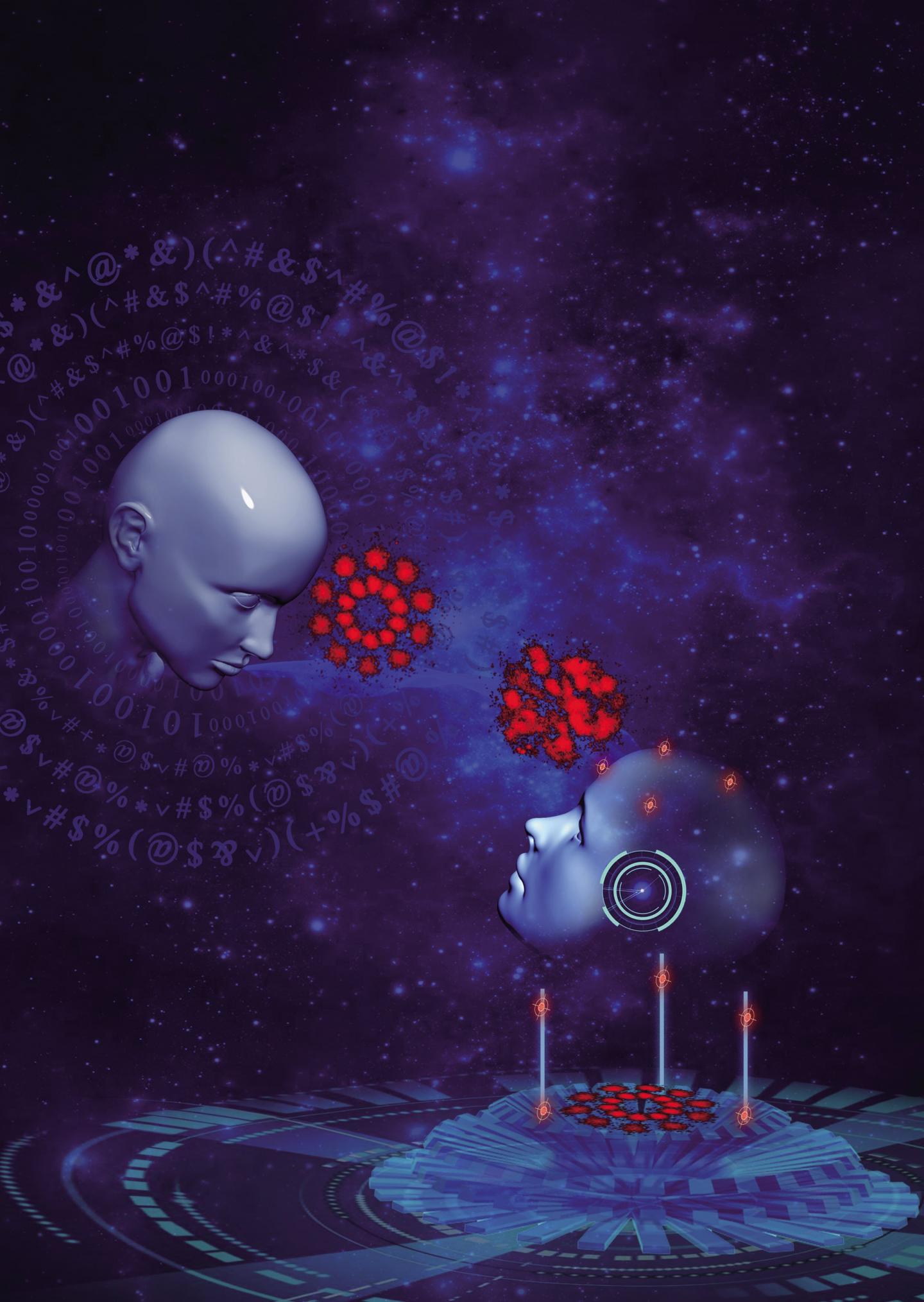
Credit: Courtesy: LSU
RESEARCH TRIANGLE PARK, N.C. – Army-funded researchers demonstrated a machine learning approach that corrects quantum information in systems composed of photons, improving the outlook for deploying quantum sensing and quantum communications technologies on the battlefield.
When photons are used as the carriers of quantum information to transmit data, that information is often distorted due to environment fluctuations destroying the fragile quantum states necessary to preserve it.
Researchers from Louisiana State University exploited a type of machine learning to correct for information distortion in quantum systems composed of photons. Published in Advanced Quantum Technologies, the team demonstrated that machine learning techniques using the self-learning and self-evolving features of artificial neural networks can help correct distorted information. This results outperformed traditional protocols that rely on conventional adaptive optics.
“We are still in the fairly early stages of understanding the potential for machine learning techniques to play a role in quantum information science,” said Dr. Sara Gamble, program manager at the Army Research Office, an element of U.S. Army Combat Capabilities Development Command, known as DEVCOM, Army Research Laboratory. “The team’s result is an exciting step forward in developing this understanding, and it has the potential to ultimately enhance the Army’s sensing and communication capabilities on the battlefield.”
For this research, the team used a type of neural network to correct for distorted spatial modes of light at the single-photon level.
“The random phase distortion is one of the biggest challenges in using spatial modes of light in a wide variety of quantum technologies, such as quantum communication, quantum cryptography, and quantum sensing,” said Narayan Bhusal, doctoral candidate at LSU. “Our method is remarkably effective and time-efficient compared to conventional techniques. This is an exciting development for the future of free-space quantum technologies.”
According to the research team, this smart quantum technology demonstrates the possibility of encoding of multiple bits of information in a single photon in realistic communication protocols affected by atmospheric turbulence.
“Our technique has enormous implications for optical communication and quantum cryptography,” said Omar Magaña?Loaiza, assistant professor of physics at LSU. “We are now exploring paths to implement our machine learning scheme in the Louisiana Optical Network Initiative to make it smart, more secure, and quantum.”
###
DEVCOM Army Research Laboratory is an element of the U.S. Army Combat Capabilities Development Command. As the Army’s corporate research laboratory, ARL is operationalizing science to achieve transformational overmatch. Through collaboration across the command’s core technical competencies, DEVCOM leads in the discovery, development and delivery of the technology-based capabilities required to make Soldiers more successful at winning the nation’s wars and come home safely. DEVCOM is a major subordinate command of the Army Futures Command.
Media Contact
Lisa Bistreich-Wolfe
[email protected]
Original Source
https:/
Related Journal Article
http://dx.





